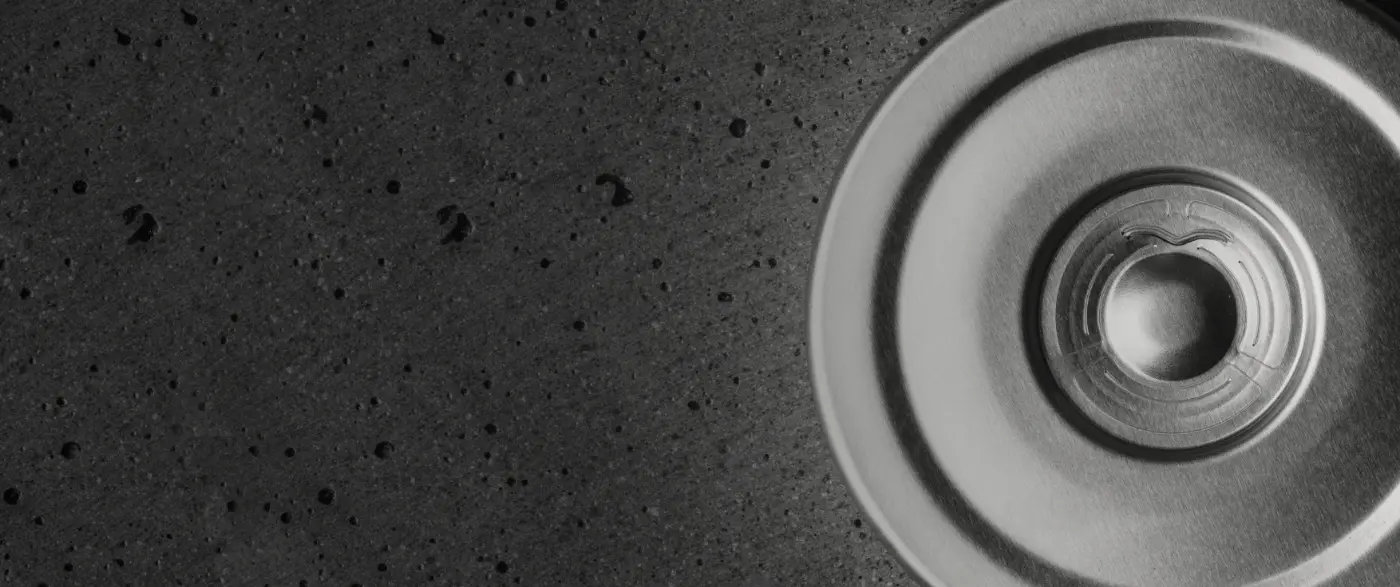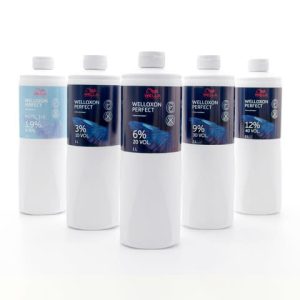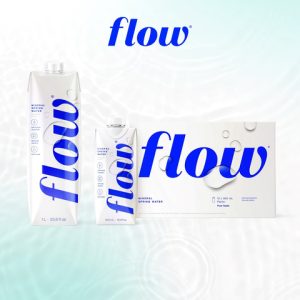Sustainable Packaging Roundup

Driven by consumer demand and corporate environment, social and governance (ESG) commitments, the sustainable packaging market continues to grow. According to ResearchAndMarkets.com, the global sustainable packaging market valued at $319.62 billion in 2023 is expected to grow to $491.75 billion in 2029.
To meet consumer preferences for sustainable packaging and products, lower their carbon footprint, and comply with evolving regulations, brands are turning to high-performance, eco-friendly packaging innovations like the EEASY Lid.

Source: Wella
Wella Company, which offers hair and nail products to the beauty industry, introduced a revamped and more sustainable version of its WELLOXON PERFECT salon color developer. According to the company, the new bottle design features an innovative multi-layer molding technology that enables replacing virgin plastic with up to 70% of post-consumer recycled plastic. This packaging is projected to save approximately 90 metric tons of plastic per year compared to the previous product.
Capri Sun debuted a new recyclable pouch in March that is five times lighter than a similar volume PET bottle and saves 2,300 tons of aluminum every year versus the old pouch. The company notes that is equivalent to 383 full-grown elephants!
The Coca-Cola Company is now using less plastic across its beverage offerings in the U.S. and Canada. The company recently introduced lighter-weight bottles for its sparkling beverages, including the 12-, 16.9- and 20-ounce sizes of Coca-Cola, Sprite and Fanta. The company is also testing this approach on its two-liter and 24-ounce PET bottles. According to the company, the rollout of these new lighter weight bottles will occur throughout 2024, reducing the use of new plastic by the equivalent of about 800 million bottles in 2025 compared to 2024.
Monterey Mushrooms recently announced that the company will be making a significant change to enhance the recyclability of its mushroom packaging by incorporating near-infrared (NIR) sortable material in their recycled Polyethylene Terephthalate (rPET) thermoformed tills. The company’s rPET tills are produced using 100% post-consumer recycled materials sourced entirely from North America to reduce plastic waste in landfills and contribute to a circular economy. The use of NIR sortable colorant ensures that the packaging can be properly sorted and recycled into new products.
PepsiCo’s Walkers UK crisp brand rolled out new recycled packaging for its Sunbites product range. The new packaging is made with 50% recycled plastic that has been sourced using a mass balance approach. This means buying and using sufficient mass-balanced recycled plastic material to eliminate 200 tons of fossil-based plastic across Sunbites packaging by the end of 2025.

Source: Flow
Some other interesting developments on the sustainable packaging front include news that South Dakota State University researchers are working to create packaging film made out of banana peels, and UK startup Bpacks is turning agricultural and wood waste into 100% biodegradable, recyclable and compostable packaging materials.
CCT’s EEASY Lid is a sustainable packaging innovation that can help brands meet growing consumer demand for sustainably packaged products. Made of recyclable aluminum, the EEASY Lid is packaging optimized to reduce waste and contribute to a circular economy. With the EEASY Lid, brands can lower their carbon footprint, more easily comply with evolving regulatory requirements and standards, enhance brand image and increase consumer loyalty.
To learn more about the sustainable packaging advantages of the EEASY Lid, contact us today!